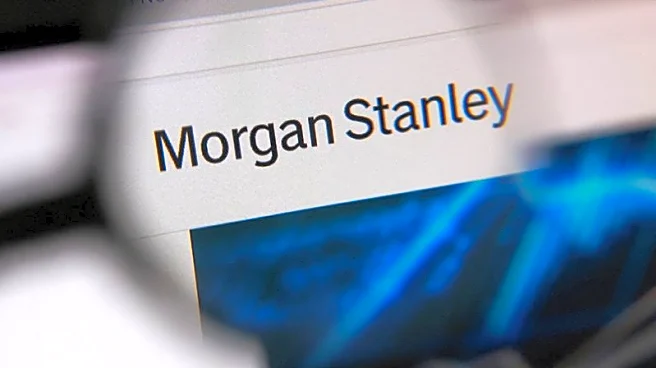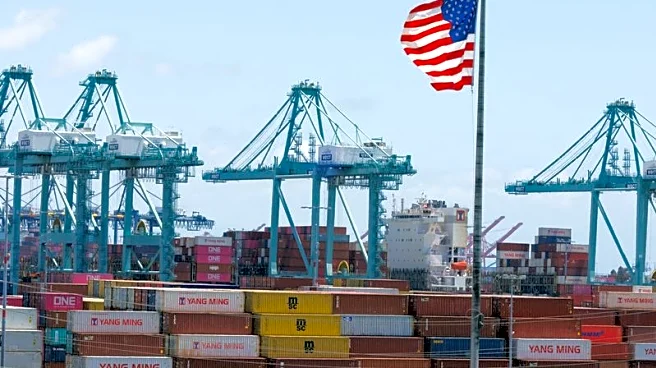Rapid Read • 5 min read
Clarence Thomas served as the eighth Chairman of the U.S. Equal Employment Opportunity Commission (EEOC) from May 6, 1982, to March 8, 1990, appointed by President Ronald Reagan. During his tenure, he led significant cases, including a $42.5 million settlement against an automaker for workplace discrimination. In March 1990, President Bush appointed him as a U.S. Court of Appeals Judge for the District of Columbia, and later nominated him as an Associate Justice of the U.S. Supreme Court, where he has served since October 23, 1991.
AD
Justice Thomas's leadership at the EEOC and subsequent judicial roles have had a lasting impact on employment law and civil rights. His actions at the EEOC set precedents for workplace discrimination cases, influencing corporate practices and employee rights. As a Supreme Court Justice, his conservative rulings continue to shape U.S. legal landscapes, affecting civil rights, corporate regulations, and individual liberties. His career trajectory underscores the intersection of law, politics, and civil rights in America.
AD
More Stories You Might Enjoy











